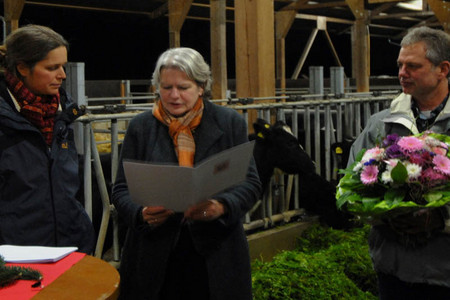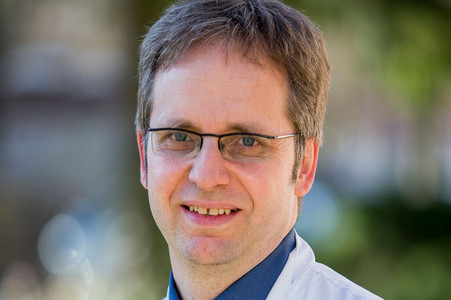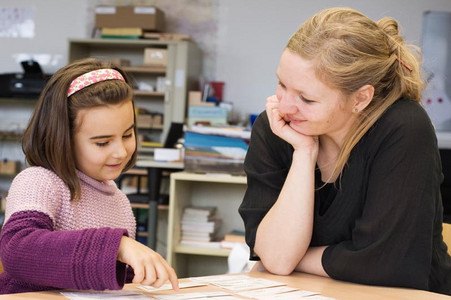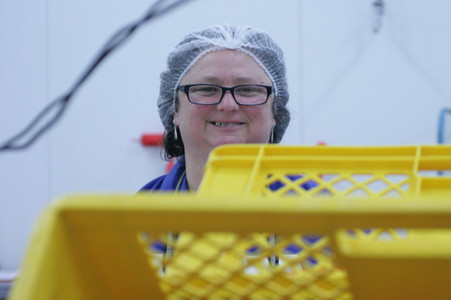What We Support
Project Insights
The goal of our public relations work is to make our current activities and exemplary projects more visible. That’s why the people and initiatives that we support take center stage, both in our print publications and on our website. Lighthouse projects both large and small are given a special place.
Here, we provide short updates that reveal current happenings among our projects. In addition, we present in-depth reports and interviews that create a vivid picture of the initiatives that our foundation is privileged to enable and support.
To make this possible, our public relations team visits many of the projects together with the responsible project managers and gets to know the organizations and people on location.
We hope that these reports, in text and image, help to orient engaged individuals regarding possible support from the Software AG Foundation (SAGST) – and encourage them to tread new paths.





